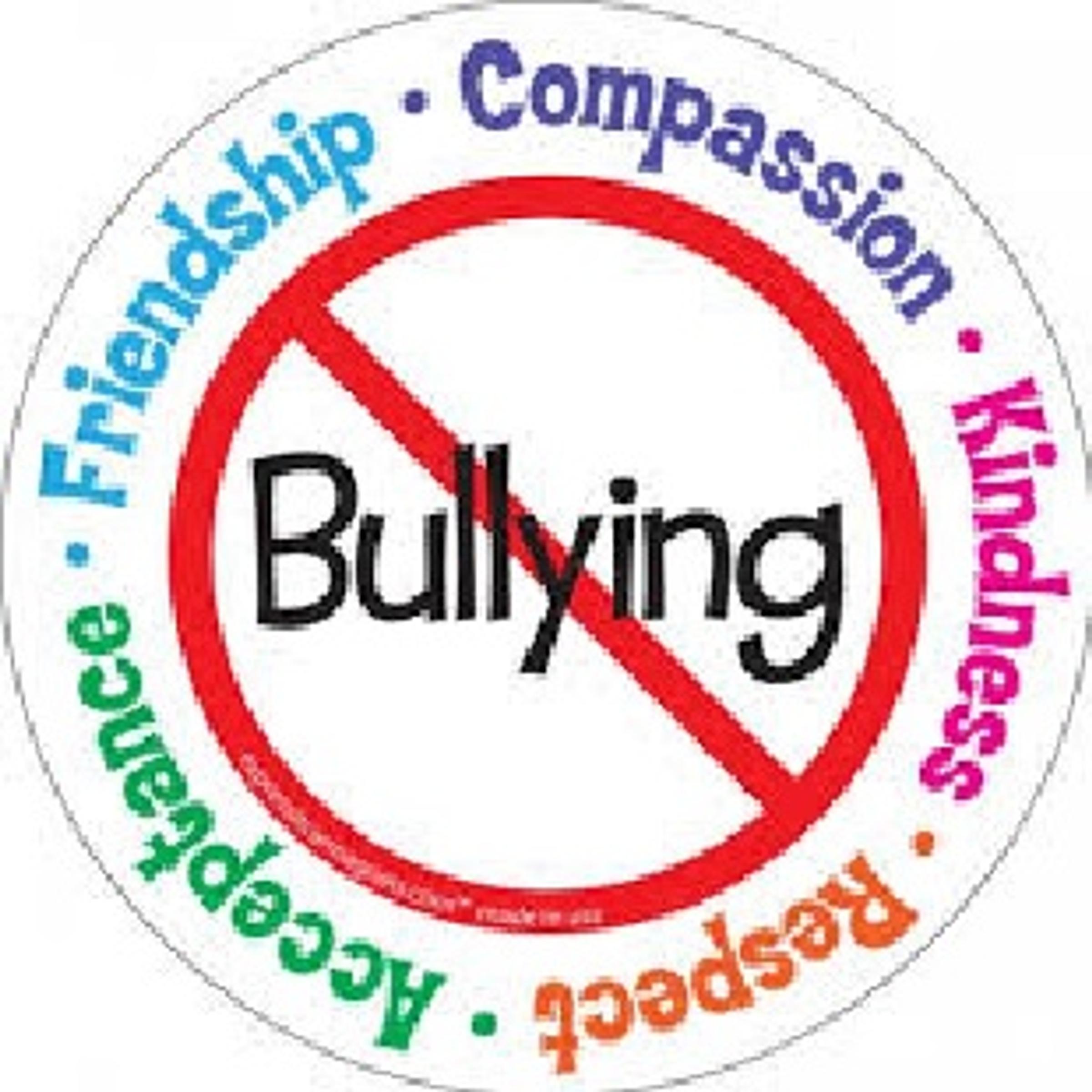If your child is being bullied..

If your child is being bullied...
It can be distressing to learn that your child is being bullied.
You need to consider what you know about your child and the details of the situation to make the best decision for your child. Different approaches and strategies may be necessary for various situations and individual children.
Let your child know that you take the bullying seriously and that you can help them to report it to the school.
You should contact the school immediately if your child's safety is at risk.
Stay calm and positive
Discuss and practice strategies for face to face bullying
Do not advise your child to fight with the other child
discuss strategies for online bullying
Report the bullying to the school
Seek help for your child to learn about dealing with bullying
Stay calm and positive
Focus on identifying a solution with your child. Your attitude will influence your child. A confident, positive and resilient attitude can help to stop bullying from continuing.
Children can be reluctant to tell someone else about bullying. Sometimes children don't want their parents to become involved and are afraid of the consequences if they tell you and the person who is doing the bullying finds out.
Encourage your child to talk about what happened. Tell your child that reporting the bullying is okay. Assure your child that it is NOT their fault.
It can be upsetting for you to find out your child is being bullied or that your child has been reluctant to tell you. Draw on your own networks to get support for yourself while you are helping your child.
Give your child the Kids Helpline telephone number and web address if they ask to talk to someone other than the school, or you don't feel able to support them.
Discuss and practice strategies for face to face bullying
Discuss strategies with your child and set a short period of time to see if they can resolve the situation. Many students want to try to deal with the bullying themselves if they get useful tips about what to do.
If the bullying continues or increases, contact the school.
The below strategies are useful for some types of bullying. Use your judgement about their suitability for your child's situation.
For younger children, encourage them to try these strategies (if they feel safe to do so):
- ignoring the person doing the bullying
- telling them to stop, and then walking away
- pretending you don't care; act unimpressed or not bothered
- go somewhere safe
- distracting the other person or calming the situation (e.g. agreeing in an offhand way with the bullying when they say offensive or negative things—known as 'fogging').
Discuss how your child could behave around the other child. Explain that bullying is sometimes done just to get a reaction.
Practise with your child at home so they can use the strategies in situations they find difficult. Give feedback on whether they are getting their message across assertively and coach them until they are happy with their skills in:
- saying 'No' firmly but calmly
- standing and walking in a way that appears more confident
- deflecting the bullying with imaginary 'armour'
- giving a quick reply to surprise or disarm the other child
- using a casual response (e.g. okay, whatever) that implies that the child is not bothered.
Practising at home can help your child feel more confident about trying the strategies at school.
Do not advise your child to fight with the other child
Fighting with the other child (as distinct from defending themselves from a physical attack) can escalate the situation, and your child may be reprimanded for their part in a fight.
Discuss strategies for online bullying
The strategies mentioned above for responding to bullying also apply if the bullying is online. As well, you can teach your child how to be safe online, as well as supervising or limiting access to technology as appropriate to the child's age.
If your child is being bullied via electronic communication, encourage your child:
- not to respond to the message or image
- to save the evidence
- to block or delete the sender
- to report the situation to the Internet Service Provider or phone service provider; they can help you block messages or calls
- to tell other people—teachers and police if necessary.
Report the bullying to the school
Encourage your child to talk to the teacher or other staff, e.g. school guidance officer.
Let them know that you will also report it to the school if the bullying doesn't stop after your child tries the strategies (or immediately if you think it is necessary for your child's safety).
Seek help for your child to learn about dealing with bullying
Discuss with the school ways to help your child (and other students) to learn about problem solving, conflict resolution, social skills, developing resilience, dealing with strong emotions, handling difficult situations and people.
A child who has been bullied can be at greater risk than others of being bullied again, even when the bullying has been dealt with.
Knowing how to deal with bullying and difficult people at school, at work and throughout life in social situations is an essential life skill.
